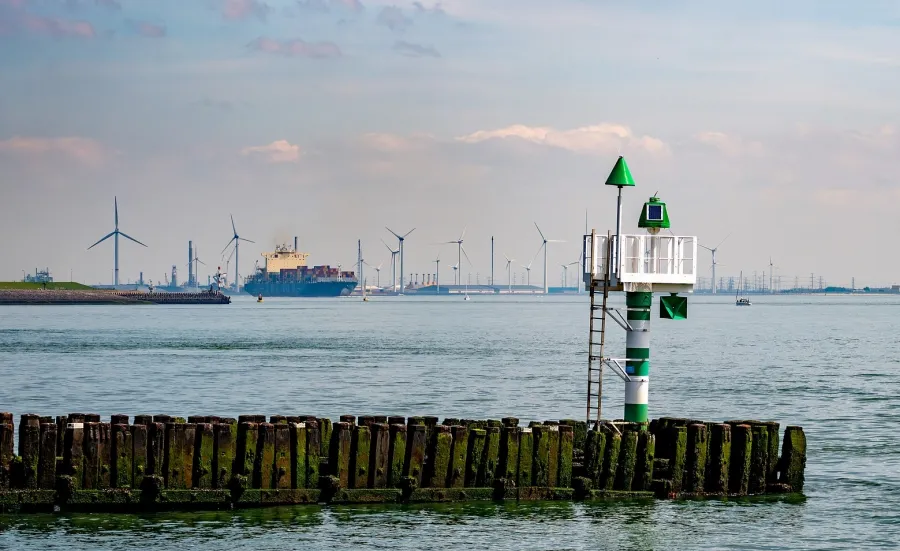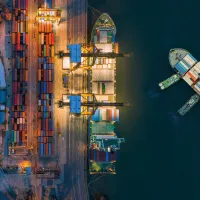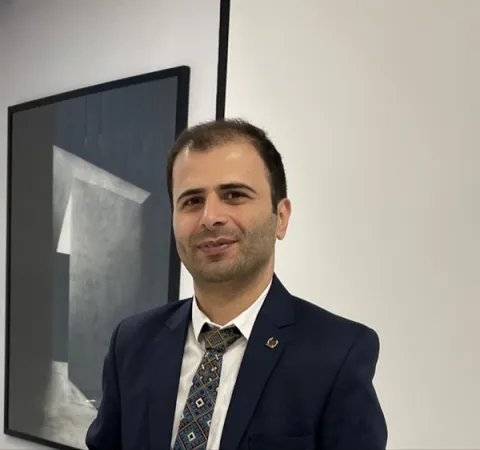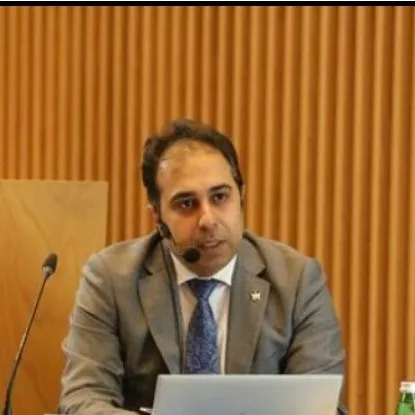Maritime Decarbonisation

The Maritime Decarbonisation SIG drives eco-friendly shipping through collaboration and innovation, addressing environmental impact, regulations, and economic opportunities, in response to global challenges.

The Maritime Decarbonisation SIG drives eco-friendly shipping through collaboration and innovation, addressing environmental impact, regulations, and economic opportunities, in response to global challenges.

The Maritime Decarbonisation SIG is at the forefront of tackling the critical issue of maritime decarbonisation. This SIG recognises the profound importance of its mission for several reasons:
Furthermore, the SIG is committed to ensuring that the maritime sector meets its regulatory commitments, especially in the context of emerging technologies such as autonomous vessels. Stringent regulations are necessary to enhance the safety, efficiency, and sustainability of maritime transportation. By focusing on these commitments, the SIG plays a pivotal role in promoting responsible industry practices.
While some may perceive maritime decarbonisation initiatives as costly, the SIG sees them as economic opportunities. Transitioning to greener shipping practices can lead to cost savings and new business prospects. By driving innovation and fostering sustainable solutions, the SIG helps industry players prosper in a changing global market.
International collaboration is another pillar of the SIG's efforts. The maritime sector operates on a global scale, and it is essential for stakeholders to work together to achieve meaningful results. International collaboration facilitates the sharing of best practices, technological innovations, and policy frameworks that can accelerate the industry's transformation in response to global challenges.
Through a multi-faceted approach that encompasses environmental responsibility, regulatory compliance, economic benefits, international collaboration, and alignment with national commitments, this SIG is driving positive change and shaping a more sustainable and prosperous future for all.
To find out more about the Maritime Decarbonisation Special Interest Group and what we do, get in touch with group champion Seyedvahid Vakili, and Panos Manias.
Join the SMMI Community to sign up to this group, and any others of interest to you.

Developing strong laws and regulations for decarbonising the shipping sector, which is a growing source of global emissions, is crucial to climate mitigation efforts.

Driven by a passion for sustainable shipping, I aim to enhance ship efficiency, reducing emissions and pioneering a greener maritime future.














